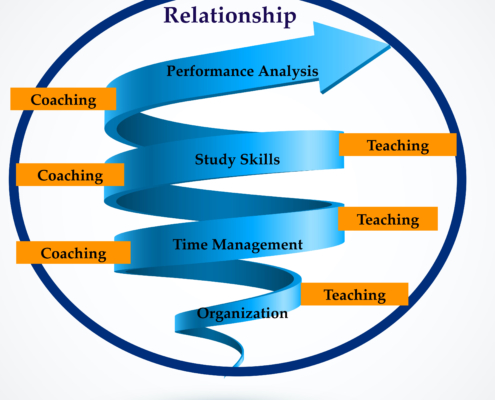Posts

Facing ADHD Burn-Out and Feeling Overwhelmed? You Don’t Have to Stay There
How ADHD Coaching Can Help You Reclaim Your Energy, Focus &…

Understanding Academic Support Programs
At some point during their academic career, a student may encounter…

How Anxiety Impacts Executive Function
Anxiety is being discussed more openly than ever before, with…

What Is an Executive Functioning Coach?
Today’s world is full of growing distractions. Even within…

How to Build Executive Function Skills: The Coaching Cycle Explained
Developing executive functioning skills is a process. When it…

Academic Coaching for College Students: Get Help Transitioning Into College
Preparing for and transitioning to college presents unique challenges. …

What Is Academic Coaching?
A few months ago, when people would ask me what I do, I used…

The Effective Student Method™ is a Game Changer!
Executive Functioning Goals in 2021 and Beyond
2020 was a year…
